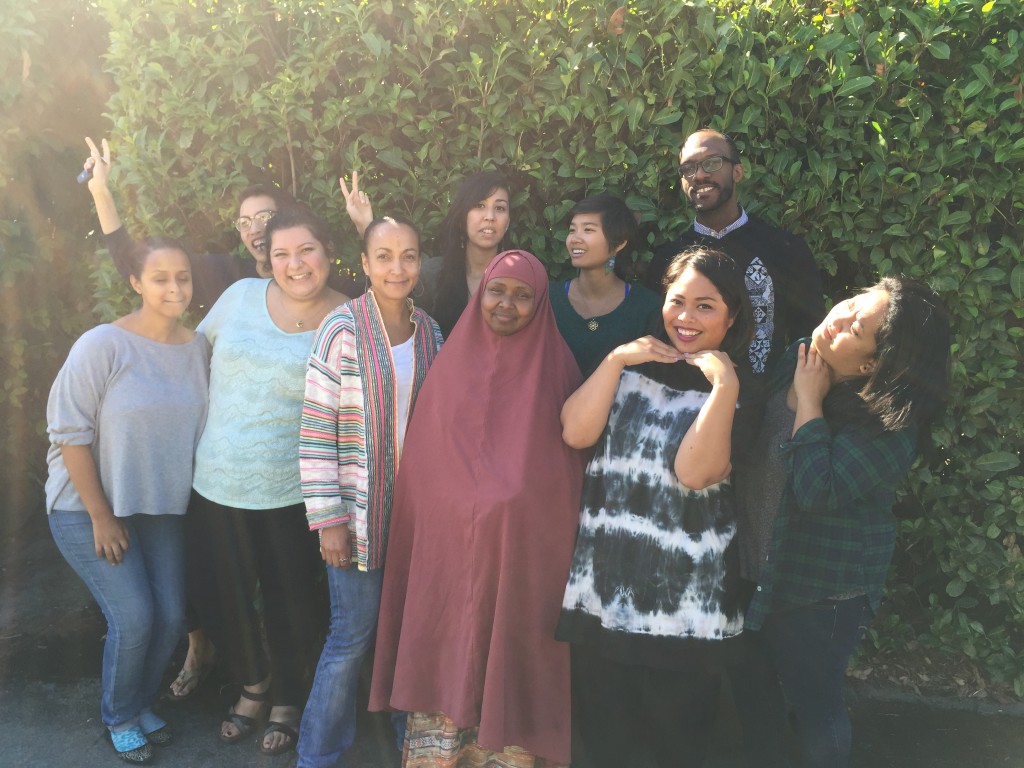 Hi everyone, I just came back from giving a keynote speech in Vancouver Canada, complete with pictures of baby animals. I am condensing the key concepts here. A couple of notes before we tackle today’s exciting topic. First, I want to thank my awesome colleague Dr. Jondou Chen for introducing me to the term “weaponized data.” If I ever start up an alternative rock band, I am going to invite Jondou, and we’ll call it “Weaponized Data.” Sample lyrics: “From the start/you returned begrudging correlation/to my foolish causation/like an icepick to my heart.”
Hi everyone, I just came back from giving a keynote speech in Vancouver Canada, complete with pictures of baby animals. I am condensing the key concepts here. A couple of notes before we tackle today’s exciting topic. First, I want to thank my awesome colleague Dr. Jondou Chen for introducing me to the term “weaponized data.” If I ever start up an alternative rock band, I am going to invite Jondou, and we’ll call it “Weaponized Data.” Sample lyrics: “From the start/you returned begrudging correlation/to my foolish causation/like an icepick to my heart.”
Second, for the grammar geeks out there—and I am one—I’m going to do something blasphemous and use “data” as both a singular and a plural noun in this post, depending on context. I know, I know, technically “data” is the plural for “datum,” so we should be saying, “The data are inconclusive” and not “The data is inconclusive.” Kind of like “media” is the plural of “medium” and “panda” is the plural of “pandum.” But, fellow grammar geeks, we must choose our battles. Let us save our energy to fight, with patience and compassion, crimes against decency like “that time works for John and I” and “you were literally on fire during your presentation.”
So, data. Data is pretty awesome. As a proud nerd, I love a good set of data and can spend endless hours looking at a sexy chart full of numbers. If data were turned into a syrup, I would put it on my soy ice cream all the time, because it is just so sweet. In the past few years, there has been more and more pressure on nonprofits being able to produce good data. Getting more and better information on practices and outcomes can only be good for our sector.
However, like fire or Jager Bombs, data can be used for good or for evil. When poorly thought out and executed, data can be used as a weapon to screw over many communities. Usually this is unintentional, but I’ve seen way too many instances of good intentions gone horribly awry where data is concerned. Here are a few challenges we need to pay attention to regarding the game of data, which is a lot like The Game of Thrones, but with way less frontal nudity: Continue reading “Weaponized data: How the obsession with data has been hurting marginalized communities”
 Hi everyone, RVC’s first ever cohort of ten leaders of color start their work today after spending most of last week in an intense orientation retreat designed to introduce them to the nonprofit sector: “And this, you may know, is hummus. It is present at 90% of nonprofit meetings in Seattle. Traditionally it is eaten with pita wedges, but recently we’ve been seeing an increase in raw broccoli and baby carrots, especially at community forums.”
Hi everyone, RVC’s first ever cohort of ten leaders of color start their work today after spending most of last week in an intense orientation retreat designed to introduce them to the nonprofit sector: “And this, you may know, is hummus. It is present at 90% of nonprofit meetings in Seattle. Traditionally it is eaten with pita wedges, but recently we’ve been seeing an increase in raw broccoli and baby carrots, especially at community forums.”



